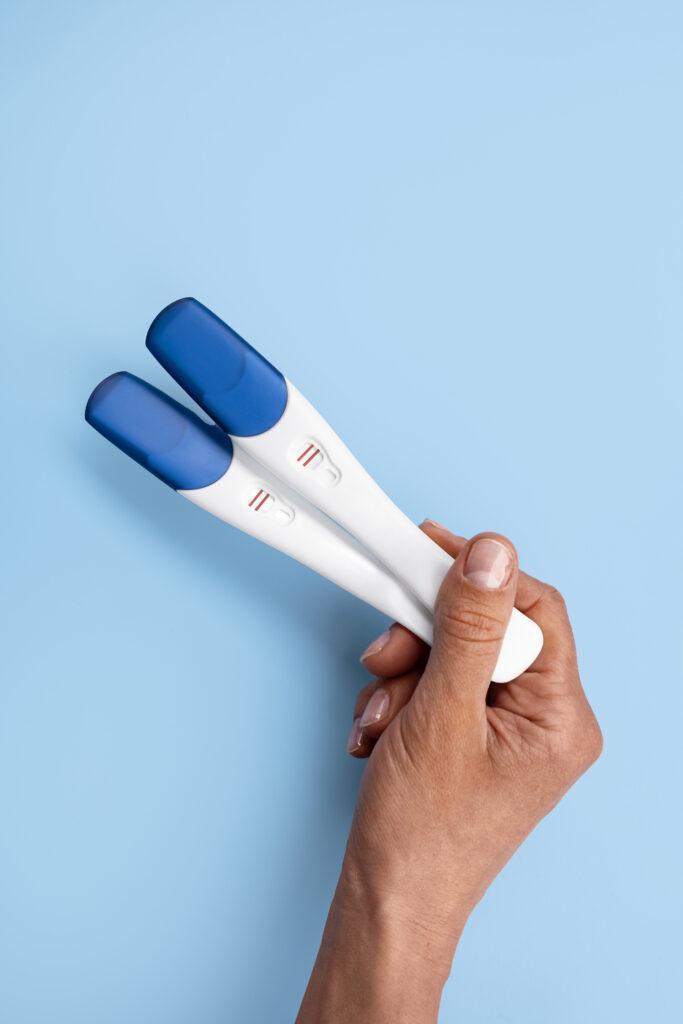The Ozempic Era: How Weight-Loss Drugs Went Mainstream and What Comes Next
In just one year, medications like Wegovy, Mounjaro, and Zepbound have transformed from niche treatments into cultural phenomena. What began as excitement over their potential to “end obesity” has evolved into a complex societal shift—one that raises urgent questions about healthcare, lifestyle, and even human behavior.
From Shortages to Saturation: The Rapid Rise of GLP-1 Drugs
A year ago, semaglutide (sold as Ozempic for diabetes and Wegovy for weight loss) was making headlines for two reasons:
- Celebrity buzz: Rumors swirled about which stars were using it off-label for rapid weight loss.
- Critical shortages: Diabetes patients struggled to access their prescriptions amid surging demand.
Today, the landscape has changed dramatically:
- No more shortages: Online pharmacies and clinics now offer easy access—if you can afford it.
- Shockingly widespread use: Surveys suggest 1 in 8 Americans has tried these drugs, while 1 in 7 Brits knows someone who has.
- Cultural saturation: These medications are no longer exotic; they’re as mainstream as statins or antidepressants.
The Big Unanswered Questions
As these drugs reshape society, five critical debates are emerging:

1. “Will I Need to Take These Forever?”
- Early data suggests weight often returns after stopping treatment.
- Some researchers argue these drugs may require lifetime use—like blood pressure medications.
2. “What Happens to Diet and Exercise?”
- With appetite suppressed, nutritional deficiencies are a growing concern.
- Muscle loss is common, making strength training more crucial than ever.
3. “Are Smaller Doses Effective?”
- “Microdosing” (taking smaller amounts) is trending, but evidence is anecdotal.
- Experts warn this could lead to tolerance issues or inconsistent results.
4. “Do They Change More Than Just Weight?”
- Studies link GLP-1 drugs to reduced inflammation, lower heart disease risk, and even potential benefits for addiction and Alzheimer’s.
- The big mystery: How do they affect the brain’s reward system?
5. “What Does This Mean for Society?”
- Economic divide: Will these drugs widen health inequalities due to high costs?
- Body image: Could they shift beauty standards—or create new pressures?
- Future drugs: Next-gen GLP-1 combinations (like Zepbound) promise even greater effects.
The Bottom Line: This Is Just the Beginning
The past year was about discovery; the next will be about reckoning. As these drugs become entrenched in daily life, we’ll need answers to:
- Long-term safety (What happens after 10+ years of use?)
- Access (Will insurers and governments cover them?)
- Ethics (Should kids or mildly overweight people take them?)
One thing is certain: The Ozempic era is not a fad—it’s the start of a medical revolution that will redefine health, weight, and wellness for decades to come.

